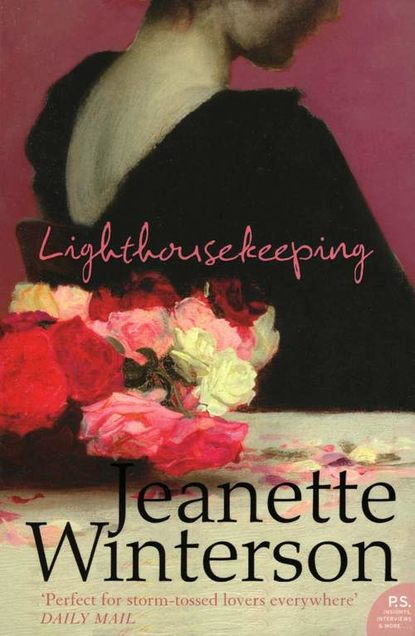По всем вопросам обращайтесь на: info@litportal.ru
(©) 2003-2024.
✖
Lighthousekeeping
Автор
Год написания книги
2018
Настройки чтения
Размер шрифта
Высота строк
Поля
‘Then the muffins would be cold.’
‘They are cold.’
She picked up the tray. ‘I will make us a second breakfast.’
It was as cold as the first. He did not speak of it again.
He had no reason to hate his wife. She had no faults and no imagination. She never complained, and she was never pleased. She never asked for anything, and she never gave anything – except to the poor. She was modest, mild-mannered, obedient, and careful. She was as dull as a day at sea with no wind.
In his becalmed life, Dark began to taunt his wife, not out of cruelty at first, but to test her, perhaps to find her. He wanted her secrets and her dreams. He was not a man of good mornings and good nights.
When they went out riding, he would sometimes thrash her pony with a clean sing of his whip, and the beast would gallop off, his wife grabbing the mane because she was an uncertain horsewoman. He liked the pure fear in her face – a feeling at last, he thought.
He took her sailing on days when Pew would have been a brave man to take out his rescue boat. Dark liked to watch her, drenched and vomiting, begging him to steer home and when they got the boat back, half capsized with water, he’d declare it a fine day’s sailing, and make her walk to the house holding his hand.
In the bedroom, he turned her face down, one hand against her neck, the other bringing himself stiff, then he knocked himself into her in one swift move, like a wooden peg into the tap-hole of a barrel. His fingermarks were on her neck when he had finished. He never kissed her.
When he wanted her, which was never as herself, but sometimes, because he was a young man, he trod slowly up the stairs to her room, imagining he was carrying a tray of greasy muffins and a pot of cold tea. He opened the door, smiling, but not at her.
When he had finished with her, he sat across her, keeping her there, the way he would keep his dog down when he went out shooting. In the chilly bedroom – she never lit a fire – he let his semen go cold on her before he let her get up.
Then he went and sat in his study, legs flung up on the desk, thinking of nothing. He had trained himself to think of absolutely nothing.
On Wednesday afternoons, they visited the poor. He loathed it; the low houses, mended furniture, women patching clothes and nets with the same needle and the same coarse twine. The houses smelled of herrings and smoke. He did not understand how any person could live in such wretchedness. He would rather have ended his life.
His wife sat sympathetically listening to stories of no wood, no eggs, sore gums, dead sheep, sick children, and always she turned to him as he stood brooding out of the window, and said, ‘The pastor will offer you a word of comfort.’
He would not turn round. He murmured something about Jesus’s love and left a shilling on the table.
‘You were hard, Babel,’ his wife said as they walked away.
‘Shall I be a hypocrite, like you?’
That was the first time he hit her. Not once, but again and again and again, shouting, ‘You stupid slut, you stupid slut, you stupid slut.’ Then he left her swollen and bleeding on the cliff path and ran back to the Manse and into the scullery, where he knocked the lid off the copper and plunged both his hands up to their elbows in the boiling water.
He held them there, crying out, as the skin reddened and began to peel, the with the skin white and bubbled on his fingers and palms, he went outside and began to chop wood until his wounds bled.
For several weeks, he avoided his wife. He wanted to say he was sorry, and he was sorry, but he knew he would do it again. Not today or tomorrow, but it would break out of him, how much he loathed her, how much he loathed himself.
In the evenings she read to him from the Bible. She liked reading the miracles, which surprised him in someone whose nature was as unmiraculous as a bucket. She was a plain vessel who could carry things; tea trays, babies, a basket of apples for the poor.
Вы ознакомились с фрагментом книги.
Приобретайте полный текст книги у нашего партнера:
Приобретайте полный текст книги у нашего партнера:





